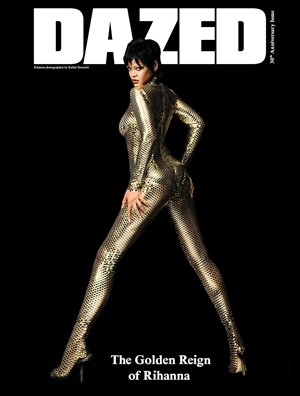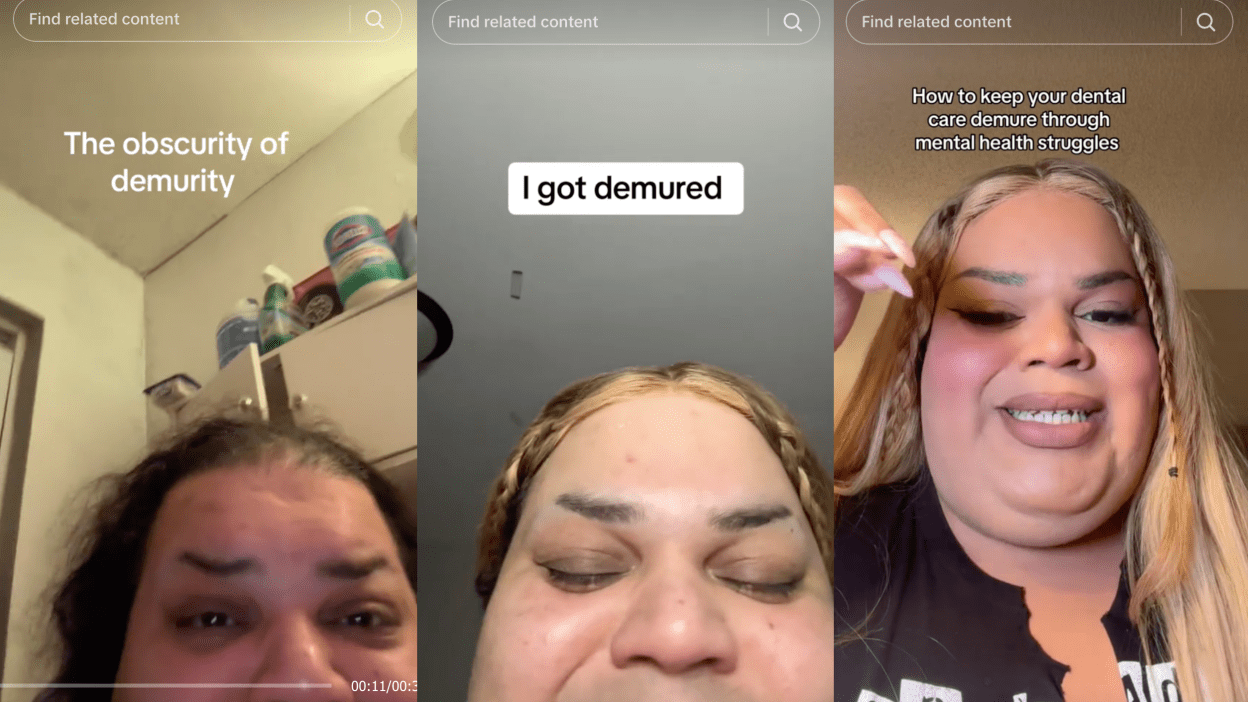Very Demure, Very Mindful: Who Owns an Internet Buzzword?
Have you ever wondered how certain words become a part of our daily language, especially those that seem to appear out of nowhere on the internet? Words like “demure” seem to pop up, capturing attention, and then spreading like wildfire across social media platforms. But can anyone truly claim ownership of these buzzwords? Let’s explore the fascinating journey of the term “demure” and uncover the dynamics that govern internet buzzwords.
The Sudden Rise of “Demure”: A Buzzword Explosion
In the past few weeks, the word “demure” has found itself at the center of internet conversations. Julian Kevon Glover, an assistant professor specializing in gender, sexuality, and women’s studies, was perplexed by its sudden ubiquity. Unlike many, Glover isn’t a regular TikTok user and didn’t initially see Jools Lebron’s viral “very demure, very mindful” videos.
Jools Lebron’s Influence
Jools Lebron began her series of “very demure, very mindful” videos in early August. These videos offered humorous yet practical tips on maintaining a demure presence, whether at work or even at a strip club. The concept quickly resonated. Since then, variations and adaptations have mushroomed across social media, from instructional videos to meme edits involving public figures like Kamala Harris.
The Complexity of Owning a Buzzword
Can anyone lay claim to a word, especially one that gains traction as a buzzword? This question becomes even more complicated when we consider subcultures that have used these terms long before they entered the mainstream.
Ballroom Culture’s Longstanding Use
Glover notes that the word “demure” has deep roots in the ballroom scene, a subculture primarily composed of LGBTQ+ people of color. For them, “demure” has always been about embodying a feminine presence and navigating the politics of passing—a concept laden with layers of identity and presentation.
The Role of Satire and Flipping the Narrative
Lebron’s videos aren’t mere tutorials; they serve as satirical commentaries, flipping the established connotations of “demure” on their head while acknowledging the “many demure divas” who preceded her. Yet, despite this nuanced approach, the broader internet may not fully grasp these underpinning complexities.

The Internet’s Tendency to Dilute Meanings
One consistent pattern online is the tendency to homogenize and simplify terms, often stripping them of their original, richer meanings. Once brands and mainstream users adopt these words, their significance can become diluted.
Brand Cooptation and Meme Culture
Brands like Ssense have swiftly incorporated “demure” into their marketing strategies, illustrating how quickly a buzzword can be commodified. This phenomenon parallels the trajectory of other ballroom terms like “mother” and “death drop,” which have also been absorbed into broader internet vernacular, often without proper attribution or understanding.
Why Do Certain Words Become Buzzwords?
Linguists often find it challenging to predict which words will capture public imagination. Nicole Holliday, an associate professor of linguistics, attributes the popularity of buzzwords predominantly to repetition.
Repetition and Algorithmic Siloing
“We’re hearing tens of thousands of words a day,” Holliday explains. What sets buzzwords apart is their frequency and the algorithmic silos that ensure we encounter them repeatedly. Over time, this repetition embeds these terms in our collective consciousness, making them seem omnipresent.

The High School Effect: Cyclic Popularity of Words
The digital world operates much like a giant high school, where certain terms momentarily dominate only to fade away as quickly as they appeared.
Seasonal Patterns in Language
The popularity of “demure” has already sparked discussions about a “demure fall” following a “Brat summer.” This mirrors past patterns, such as the transition from “hot girl summer” to “Christian girl fall” in 2019. These seasonal shifts reflect our collective need to balance contrasting energies—vibrant and outgoing versus modest and reflective—as the context changes.
The Lingering Impact of Buzzwords
While some buzzwords fall out of use, others leave a lasting impact on the lexicons of specific communities or the broader public.
A Double-Edged Sword
The viral nature of buzzwords can draw attention to overlooked communities and cultures, offering a platform that they might not have had otherwise. However, this visibility can come at the cost of context and meaning, as mainstream adoption often ignores the rich histories and nuances behind these words.

Conclusion: Navigating the Buzzword Landscape
The journey of “demure” from a term embedded in ballroom culture to a viral internet buzzword underscores the complexities of language in the digital age. As consumers of content, it’s essential to be mindful of the origins and meanings of the words we use and share. Buzzwords are much more than fleeting internet trends; they are windows into the histories and identities of the communities from which they emerge.
By understanding these dynamics, you can navigate the wave of buzzwords more thoughtfully and appreciate the richness of the languages that shape our digital worlds.
Tables for Understanding
| Term | Origin | Popularization | Current Use |
|---|---|---|---|
| Demure | Ballroom Culture | Jools Lebron’s TikTok | Marketing, Memes, Social Media |
| Mother | Ballroom Culture | Reality TV, Meme Culture | Social Media, Brands |
| Death Drop | Ballroom Culture | Reality TV | Entertainment, Social Media |
This table highlights how certain terms have transitioned from specific subcultures to mainstream usage.
Final Thoughts
As buzzwords emerge and evolve, they carry with them the imprints of the cultures that birthed them. Recognizing and respecting this lineage enriches your understanding and prevents the erasure of those who paved the way for these linguistic trends. Being very demure and very mindful about language isn’t just about semantics—it’s about acknowledging and celebrating the diversity and depth of the human experience.




